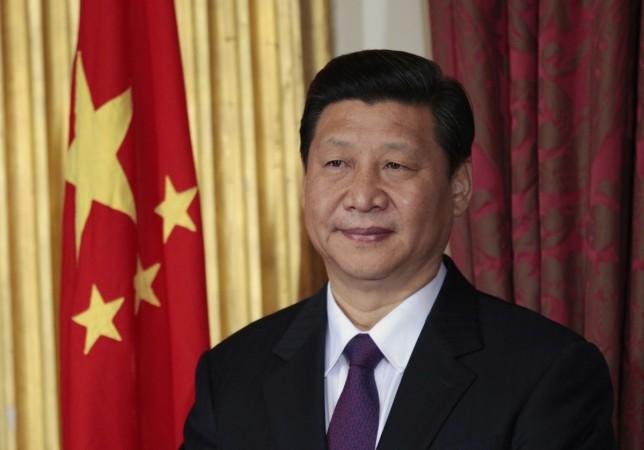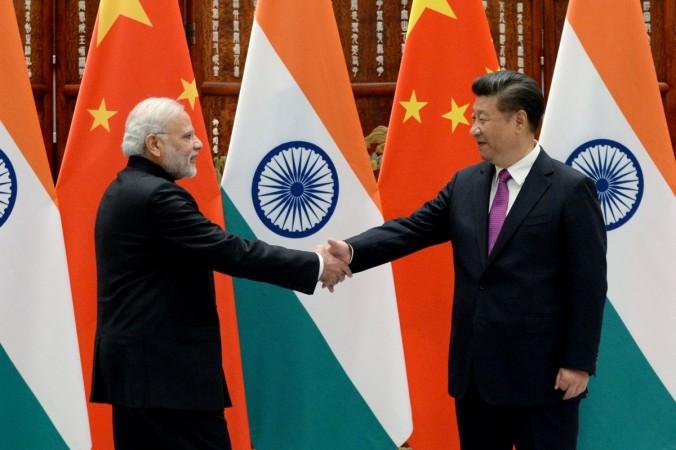
China on Monday said India will not get a big role if it decides to join the One Belt and Road (OBOR) initiative in the future. The comment came a day after India turned down Beijng's invite to engage in the project.
"It is strange that the onlooker is more anxious than the players. While India cares about its neighbours' debt burden, the neighbours appear willing to take on more," state-run Global Times said in a report.
The report also said India's decision to shun the event was "regrettable". However, New Delhi's boycott of the initiative will not disrupt the project, the reort added.
OBOR is a development strategy proposed by Chinese President Xi Jinping, which focuses on connectivity and cooperation between China and the rest of Eurasia, encompassing around 60 countries. The strategy consists of two components: land-based 'Silk Road Economic Belt' (SREB) and ocean-based 'Maritime Silk Road' (MSR).
India, on Saturday, announced that it will boycott the two-day summit which began on Sunday, May 14, citing that the nation cannot accept a project which ignores its core concern over sovereignty and territorial integrity.
Beijing has shown blatant disregard for India's sovereignty. China is looking to link Xinjiang with Gwadar port through the China-Pakistan Economic Corridor. The port is built in Balochistan and the route passes through the Gilgit-Baltistan region which India claims as its own.
The event is being attended by leaders from at least 29 countries, including Pakistan.
"While India recently issued an official statement saying it would not be part of the "One Belt and One Road" (B&R) initiative, it will not affect the trend towards cooperation in infrastructure development among its neighbouring countries at all," state-run Global Times reported on Monday.

"India was openly sceptical of China's Belt and Road Forum (BRF) hours ahead of the opening of the event, mainly due to concerns over the China-Pakistan Economic Corridor (CPEC), a key project of the B&R, and whether it might influence the disputed Kashmir region," it said.
The article said China would never force any country to participate in the project if they found it sceptical.
"China would never force any country to participate in the B&R if it was too sceptical and nervous to do so. It is regrettable but not a problem that India still maintains its strong opposition to the B&R, even though China has repeatedly said its position on the Kashmir dispute would not change because of the CPEC," the article said.
The article also referred to a statement issued by the Ministry of External Affairs on May 13, saying that India also cited the potential debt burden as one of its other concerns. "Connectivity initiatives must follow the principles of financial responsibility to avoid projects that would create an unsustainable debt burden for communities," foreign ministry spokesman Gopal Baglay said.
On Saturday, Pakistan and China inked new deals worth nearly $500 million, covering airport, port and highway construction, it said.
"As regards the potential debt burden, Pakistan's repayments will peak at around $5 billion in 2022, but this will be offset by transit fees charged in the CPEC," the article said quoting a media report. The piece also mentioned Nepal officially signing a deal with China to join the Belt and Road project and saidKathmandu has plans to build a cross-border rail link that may cost up to $8 billion.









